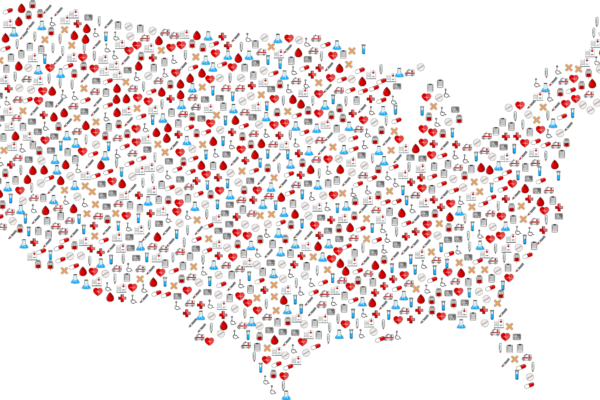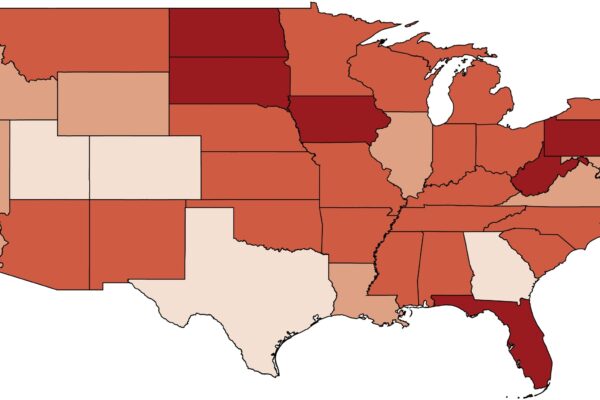Research Program
RAND-USC Schaeffer Opioid Policy Tools and Information Center
Successfully combating the evolving opioid crisis will require meeting unprecedented demands on our public health, health care, public safety, law enforcement, and criminal justice systems. The RAND-USC Schaeffer Opioid Policy Tools and Information Center (OPTIC) is fostering innovative research and connecting stakeholders to change the trajectory of this crisis. Learn more>
Upcoming Events
Program Leadership
-

Rosalie Liccardo Pacula, PhD
Senior Fellow, USC Schaeffer Center
Professor and Elizabeth Garrett Chair in Health Policy, Economics & Law, USC Price School
Featured Research

The State of the Science in Opioid Policy Research
A review of 145 opioid policy evaluation studies found that greater adoption of more rigorous study designs and statistical methods is warranted.

State Approaches to Tackling the Opioid Crisis Through the Health Care System
States have implemented multiple strategies to enhance the capacity and quality of treatment services for opioid use disorder.

The Evolving Consequences of OxyContin Reformulation on Drug Overdoses
Instead of just short-term substitution from prescription opioid to heroin overdoses, the transition to illicit markets spurred by reformulation led to growth in the overall overdose rate to unprecedented levels.

How Increasing Medical Access to Opioids Contributes to the Opioid Epidemic: Evidence from Medicare Part D
The researchers find a 10% increase in opioid medical supply leads to a 7.1% increase in opioid-related deaths among the Medicare-ineligible population.
Program Experts
-

Sarah Axeen, PhD
Director of Data and Analytics, USC Schaeffer Center
Assistant Professor, Division of Emergency Medicine Research, Keck School of Medicine of USC -

Seema (Choksy) Pessar, MPP
Senior Health Policy Project Associate, USC Schaeffer Center
-

Seth Seabury, PhD
Director, Keck-Schaeffer Initiative for Population Health Policy
Senior Fellow, USC Schaeffer Center
Associate Professor, Department of Pharmaceutical and Health Economics, USC Mann School
Director of Graduate Studies, Pharmaceutical Economics and Policy Program, USC Mann School
COVID-19 is Exacerbating Challenges for Individuals with Addiction
The COVID-19 pandemic is adversely affecting efforts to control substance abuse according to Assistant Secretary of Health Admiral Brett P. Giroir, MD, who spoke with Rosalie Liccardo Pacula and Adam Leventhal.
Read Full Story